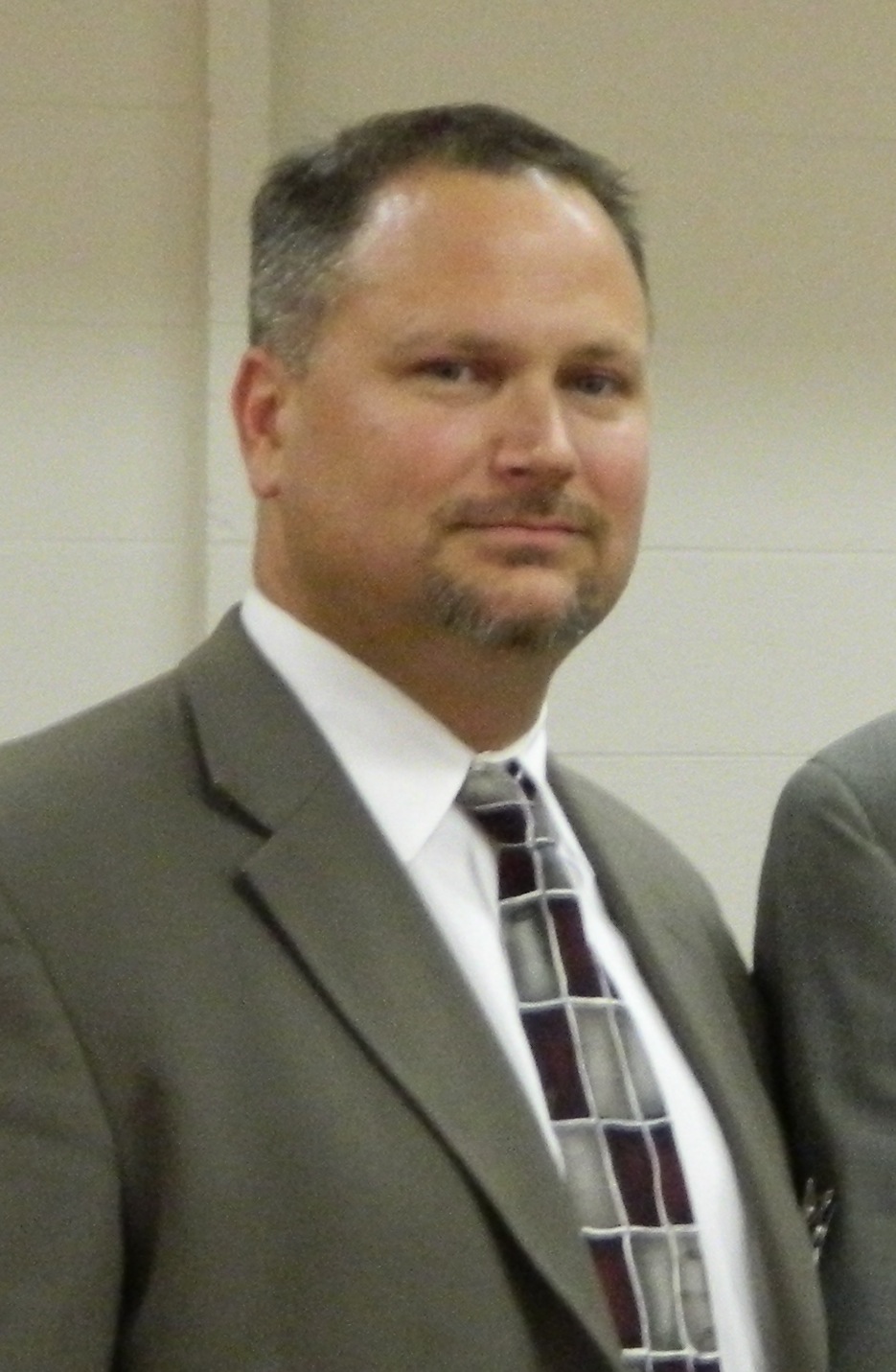Bradley, Cleveland leaders meet
Friday, January 1, 1904
CLEVELAND, Tenn. - Elementary school overcrowding and countywide flooding, along with a court ruling in a sales tax dispute, were on the agenda when Cleveland and Bradley County leaders held a joint meeting last week.
"The elementary schools are overcrowded," said Dr. Martin Ringstaff, director of Cleveland City Schools, adding that a new elementary school is needed. "Rezoning is not the answer."
Ringstaff estimated a $13 million to $16 million price tag for a new school, based on student capacity of 500 to 700 students.
In light of a failed county wheel tax intended to fund school projects, Cleveland leaders have asked the county for a "Plan B" for funding.
"We don't have a Plan B, but I do have a suggestion for a 'Plan A' for the city," said Louie Alford, chairman of the Bradley County Commission.
Alford recommended the debt service for a new school be repaid from revenues earmarked for education in a 2009 city sales tax increase.
City school officials have said those funds were to be used exclusively on school maintenance projects.
Cleveland leaders also would like the county to request an Army Corps of Engineers flood study as a complement to their own, which is limited to creek basins within the city.
"I think everybody will agree that flooding problems occur both in the city and the county, and the floodwaters don't know geographical boundaries," Cleveland Mayor Tom Rowland said.
No cost estimates could be given for a county study, said Tom Herbert, a representative of the U.S. Army Corps of Engineers. He said Cleveland's flood study cost the city $525,000. The corps' flood mitigation construction projects have a $10 million cap, with federal funding covering two-thirds of the expenses.
Officials cautiously discussed an Oct. 30 appellate court ruling that upheld sales tax revenue-sharing agreements dating back to 1967. In those agreements, Cleveland and Bradley County allocated revenues according to city and student populations and where the money was generated.
The ruling also addressed a dispute over division of sales tax revenues generated by a pair of sales tax initiatives pursued independently by the city and county in 2009.
"[Cleveland] shall be entitled to receive the proceeds of the 2009 tax increase on sales within the city limits from July 1, 2009, and through June 30, 2010," according to the appellate court, expanding a Chancery Court ruling limiting the city's proceeds to the 2009 fiscal year.
The city's proceeds may amount to nearly $1.5 million, according to county officials.

